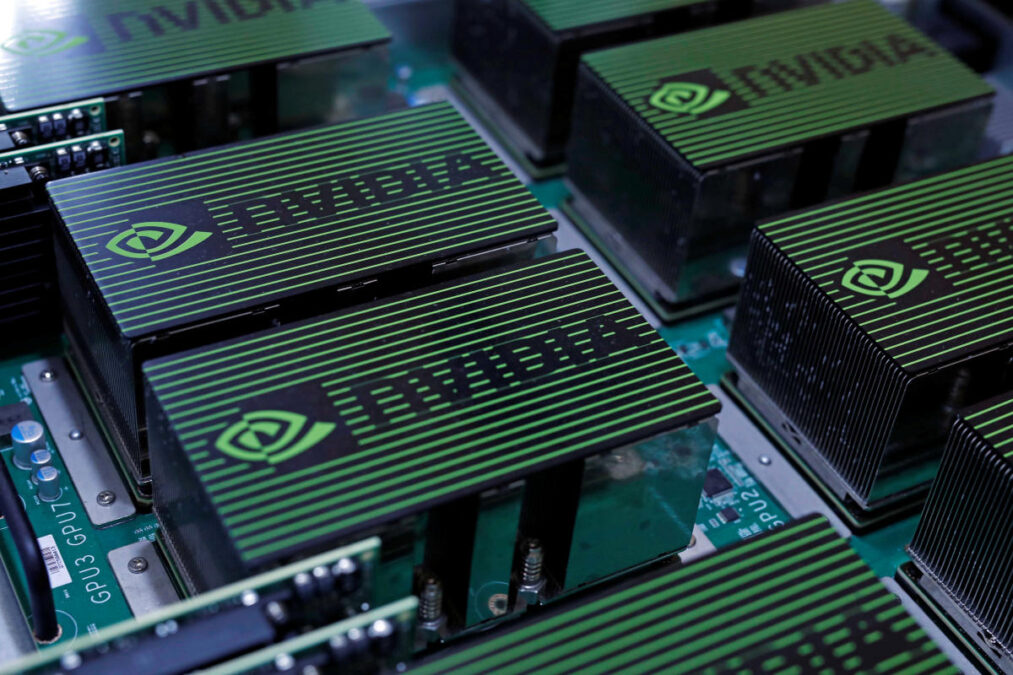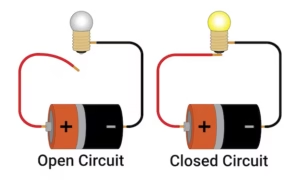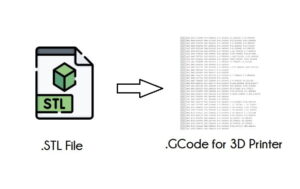Provision of food to young children is one of the most important responsibilities of child rearing. Indeed, nutrition is one of the key determinants which outline lifetime health destiny during the early period of childhood. This guide explains the nutrients you ought to ensure your young children have, and how you can go about helping them adopt good eating habits.
The Meaning of Healthy Eating for Young Children
Good nutrition is something much more than just feeding a starving stomach; in fact feeding it just the correct sorts of foods for it to build and create itself. Nutrition in particular for young children promotes healthy physical, mental and social development, and builds the defense mechanism of the body. It enables them to practice good eating right from time of birth and also reduces the probabilities of life styles disease at some later age.
Key Nutrients for Young Children
There are certain nutrients children need during such pivotal stages to become healthy, active, and properly developed. Let’s get inside and start with key nutrients and what they entail.
Protein: Building Blocks for Growth
This term is often applied to label the constituent element of the body there is a good reason why this should be. Protein will be utilized in building muscles, carrying out repair and growth of the tissues. The protein for children should come from lean meats, eggs, dairy products, beans or lentils. There are specific foods that will supply all the kids’ required amino acids.
Carbohydrates: Energy for Active Play
Sometimes used as an adjective to describe the building block of the body, there is much sense in this being the case. Muscle construction as well as repairing and growing of tissues will be done with the help of protein. To get their protein, a child should take foods such as lean meats, eggs, dairy products, beans or lentils. I still have not found one group of foods that would contain all the necessary amino acids for kids.
Fats: Brain Building End
It is funny that fats in some form get some bashing while it is the good kind that should make its way in young children’s body. I hold it to be the prime nutritional necessity of the brain. Other sources for healthy fats are avocados, nuts, seeds, and oily fish. These are used in formation of the nervous system in addition to its function in skin health. There are unhealthy substances found in both trans fats and overly processed fats.
Vitamins and Minerals Young Children Require
Apart from proteins, fats, and carbs, children also need the following special vitamins and minerals for proper growth. Some of the key ones include the following:
Vitamin D: Strong Bones and Teeth
Vitamin D helps in digestion of food and absorption of calcium which is an important nutrient for formation of bones and the teeth. Some people get enough Vitamin D through sunlight, but other good dietary sources are for instance, fortified milk and oily fishes or eggs. In sure your child takes enough vitamin D in order to avoid complications with the bones like rickets.
Iron: Activates Oxygen and Energy
Iron plays a critical role on the manufacture of hemoglobin which is used to move oxygen in the body. That’s why if a child has a low level of iron, she’ll feel tired and fail to develop properly. For instance, offspring can get the iron from meats, spinach, and fortified cereals. The vegetarian child has to ensure if they take plant-sources of iron these have to be enhanced by food that contains Vitamin C like oranges or bell peppers.
Calcium: Healthy Bones
Calcium is a major component of bones and is especially important when children are growing as they are at their highest rate at this time. Food high in calcium include milk, cheese and yogurt. If your child is lactose intolerant, you may substitute regular milk with fortified plant based milk or with vegetables like kale or broccoli.
Adequate Portion and Number of Meals
The half of the equation is getting the right nutrients, but not that much. Most important is how your child will eat balanced meals in the right portions.
Role of Snacks in a Child’s Diet
They get hungry more often than adults do for example you find that young children wake up many times during the day to ask for food. This is why health snacks are required for the maintain proper supply of energy all day long. Appropriate snacks include fruits, cheese, yoghurt or whole grain crackers not potatoes chips or sweets.
How Much is Too Much: Portion Sizes for Kids
Children eat smaller portions than adults. The biggest lie is probably overestimating how much a child might eat. Provide small portions and then let them go back for more if they feel the need to be satisfied. Mindful eating really helps not to overeat.
Early Training in Healthy Eating Habits
Healthy eating habits during childhood marks one of the periods in the life of a child that will prepare them for long-term health. However, how do parents go about encouraging good eating practices?
Encouraging Kids to Try New Foods
Getting children to test new foods-you know can be very challenging, but it is well worth it. You can do something like giving new foods with the familiar food around them. That way, they may have a willingness to test new foods even if you have to try them a few times before they accept them.
Handling Picky Eaters: How Parents Can Do It
Managing fussy eaters can be really frustrating. But it is possible to stay patient and offer a wide range of foods. Do not prepare special meals for the fussy eaters. Offer them healthy food options, and let them experiment with what they like to eat, without any pressure.
Hydration: Water – The Best Source
Water is usually not as highly considered, but it is almost as essential as food in the health of children. Children are more prone to dehydration than adults, so fluid levels should be promoted constantly. Hoses and soda are out of the question because they provide unnecessary calories and sugar.
Nutritionally Safe Foods for Youngsters
Though nutritionally sound foods are promoted, it would also be remembered which foods should be limited or strictly not given to youngsters.
Sugar: The Quiet Snack Menace
Sugar is lurking within so many of the popular foods marketed to children: cereals, snacks, drinks-even fast food, cookie, candy bar, and juice drink – no matter how you define a quick snack. Too much sugar leads to obesity, dental issues, and also behavioral issues. Try to cut down on sugar-laden goodies and look elsewhere for natural sources of sweetness, like in fruits.
Processed Foods: What to Be Aware Of
Most of the processed food contains unhealthy fats, sugars, and preservatives, that are very unwholesome for a child. When you get a snack or meal, target whole foods and then read on the side labels to avoid extreme sodium content and artificial preservatives content.



















